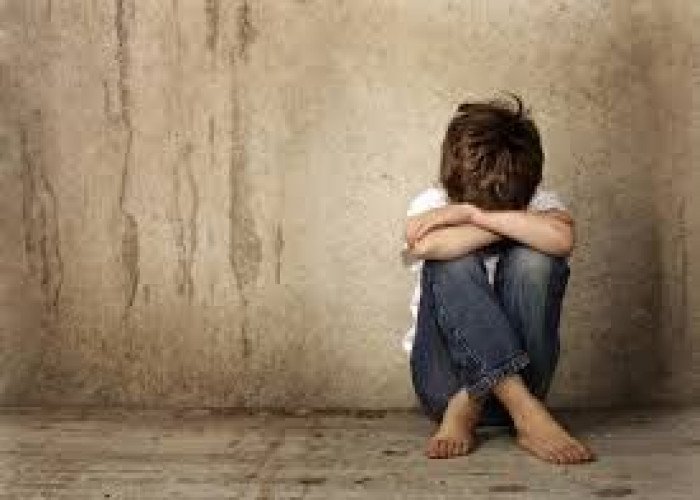 Welcome
Welcome
“May all be happy, may all be healed, may all be at peace and may no one ever suffer."
Child abuse
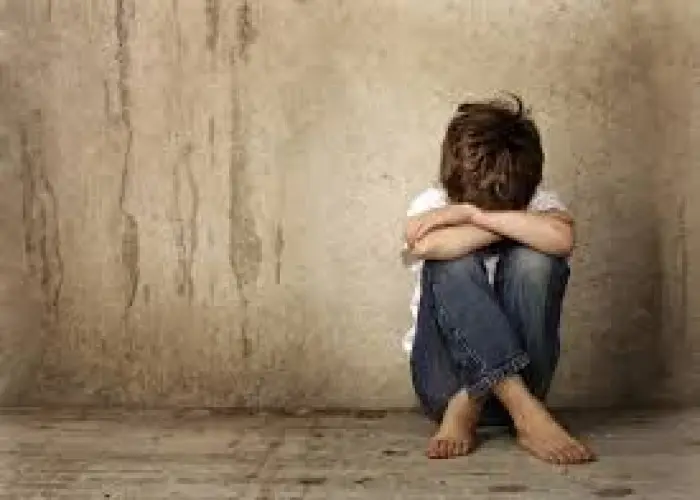
Child abuse is a form of mistreatment in which a parent, caregiver, or other adult causes harm, injury, or emotional trauma to a child. This can take many forms, including physical abuse, sexual abuse, emotional abuse, neglect, and exploitation. Child abuse can have long-lasting effects on a child's physical, emotional, and social development, and it is a serious public health issue that requires prompt intervention and treatment. If you suspect that a child is being abused or neglected, it is important to report your concerns to the appropriate authorities.
Research Papers
Disease Signs and Symptoms
- Strong depression
- Taking food or money without permission
- Lack of clothing or supplies to meet physical needs
- A decrease in school performance or loss of interest in school
- Desperately seeks affection
- Social withdrawal or a loss of interest or enthusiasm
- Inappropriate sexual contact with other children
- Injuries that don't match the given explanation
- Unexplained injuries, such as bruises, fractures or burns
- Reluctance to leave school activities, as if he or she doesn't want to go home
- Depression, anxiety or unusual fears, or a sudden loss of self-confidence
- Frequent absences from school
- Unreasonable fears
- Anxiety
- Poor record of school attendance
Disease Causes
Disease Prevents
Child abuse
You can take important steps to protect your child from exploitation and child abuse, as well as prevent child abuse in your neighborhood or community. The goal is to provide safe, stable, nurturing relationships for children. For example:
- Offer your child love and attention. Nurture your child, listen and be involved in his or her life to develop trust and good communication. Encourage your child to tell you if there's a problem. A supportive family environment and social networks can foster your child's self-esteem and sense of self-worth.
- Don't respond in anger. If you feel overwhelmed or out of control, take a break. Don't take out your anger on your child. Talk with your doctor or therapist about ways you can learn to cope with stress and better interact with your child.
- Think supervision. Don't leave a young child home alone. In public, keep a close eye on your child. Volunteer at school and for activities to get to know the adults who spend time with your child. When old enough to go out without supervision, encourage your child to stay away from strangers and to hang out with friends rather than be alone — and to tell you where he or she is at all times. Find out who's supervising your child — for example, at a sleepover.
- Know your child's caregivers. Check references for babysitters and other caregivers. Make irregular, but frequent, unannounced visits to observe what's happening. Don't allow substitutes for your usual child care provider if you don't know the substitute.
- Emphasize when to say no. Make sure your child understands that he or she doesn't have to do anything that seems scary or uncomfortable. Encourage your child to leave a threatening or frightening situation immediately and seek help from a trusted adult. If something happens, encourage your child to talk to you or another trusted adult about the episode. Assure your child that it's OK to talk and that he or she won't get in trouble.
- Teach your child how to stay safe online. Put the computer in a common area of your home, not the child's bedroom. Use the parental controls to restrict the types of websites your child can visit, and check your child's privacy settings on social networking sites. Consider it a red flag if your child is secretive about online activities. Cover ground rules, such as not sharing personal information; not responding to inappropriate, hurtful or frightening messages; and not arranging to meet an online contact in person without your permission. Tell your child to let you know if an unknown person makes contact through a social networking site. Report online harassment or inappropriate senders to your service provider and local authorities, if necessary.
- Reach out. Meet the families in your neighborhood, including parents and children. Consider joining a parent support group so that you have an appropriate place to vent your frustrations. Develop a network of supportive family and friends. If a friend or neighbor seems to be struggling, offer to babysit or help in another way.
Disease Treatments
Treatment can help both children and parents in abuse situations. The first priority is ensuring the safety and protection for children who have been abused. Ongoing treatment focuses on preventing future abuse and reducing the long-term psychological and physical consequences of abuse.
Medical care
If necessary, help the child seek appropriate medical care. Seek immediate medical attention if a child has signs of an injury or a change in consciousness. Follow-up care with a doctor or other health care provider may be required.
Psychotherapy
Talking with a mental health professional can:
- Help a child who has been abused learn to trust again
- Teach a child about normal behavior and relationships
- Teach a child conflict management and boost self-esteem
Several different types of therapy may be effective, such as:
- Trauma-focused cognitive behavioral therapy. This type of therapy helps a child who has been abused to better manage distressing feelings and to deal with trauma-related memories. Eventually, the supportive parent who has not abused the child and the child are seen together so the child can tell the parent exactly what happened.
- Child-parent psychotherapy. This treatment focuses on improving the parent-child relationship and on building a stronger attachment between the two.
Psychotherapy also can help parents:
- Discover the roots of abuse
- Learn effective ways to cope with life's inevitable frustrations
- Learn healthy parenting strategies
If the child is still in the home, social services may schedule home visits and make sure essential needs, such as food, are available. Children who are placed in foster care because their home situation is too dangerous will often need mental health services and therapies.
Disease Diagnoses
Disease Allopathic Generics
Disease Ayurvedic Generics
Disease Homeopathic Generics
Disease yoga
Child abuse and Learn More about Diseases
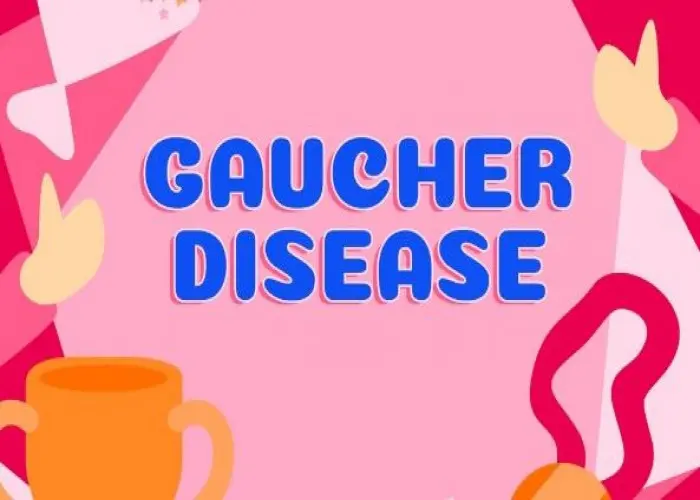
Gaucher disease
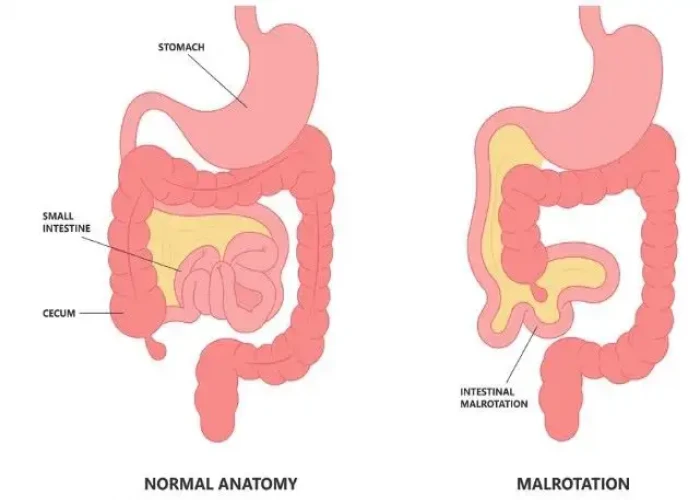
Short bowel syndrome

Dog Bite

Radiation sickness

Lazy eye (amblyopia)

Peyronie's disease
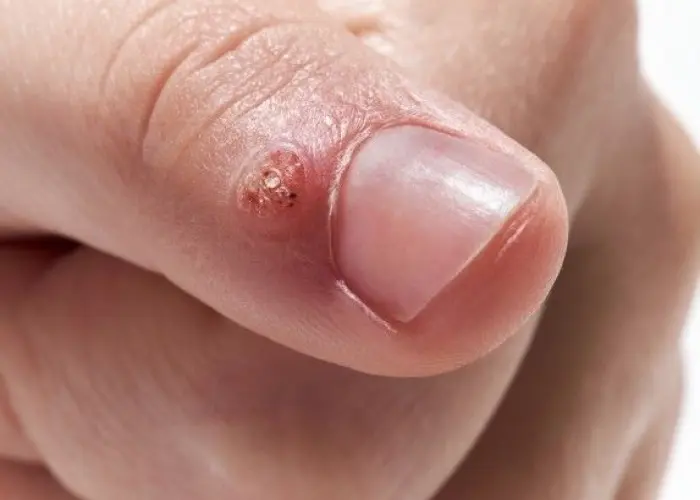
HPV infection
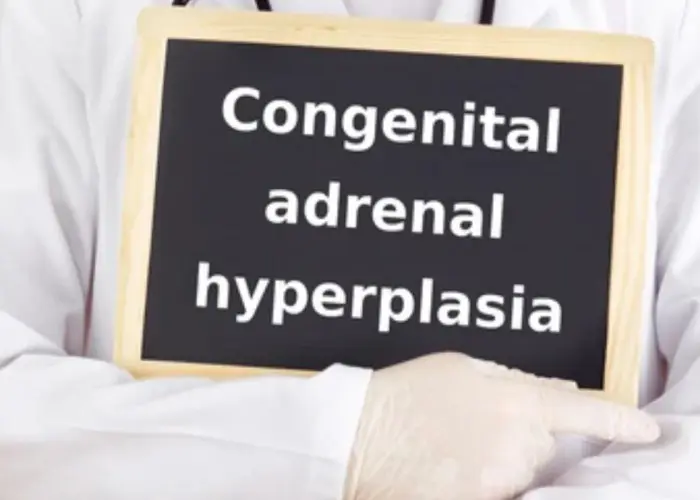
Congenital adrenal hyperplasia
child abuse, শিশু নির্যাতন
To be happy, beautiful, healthy, wealthy, hale and long-lived stay with DM3S.
